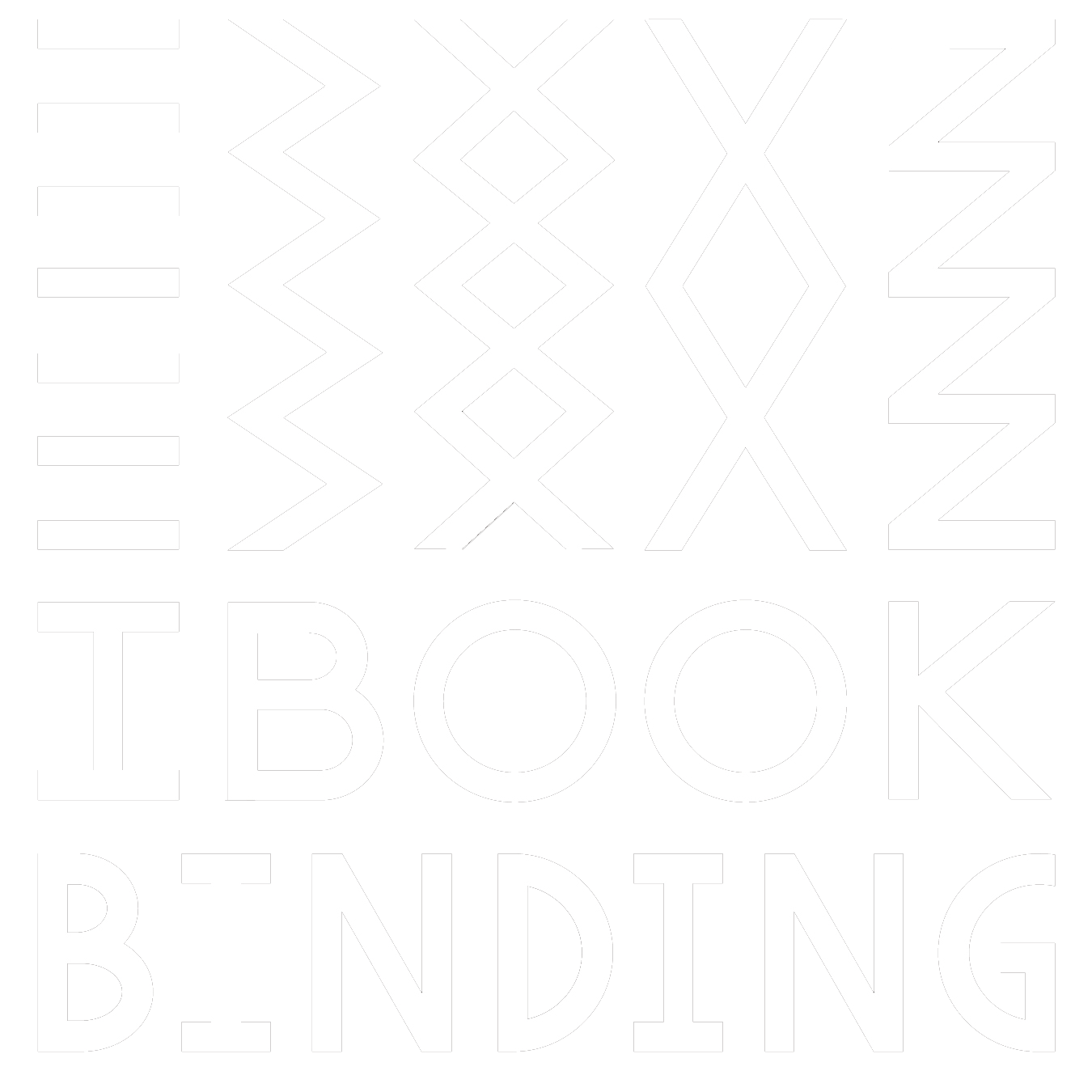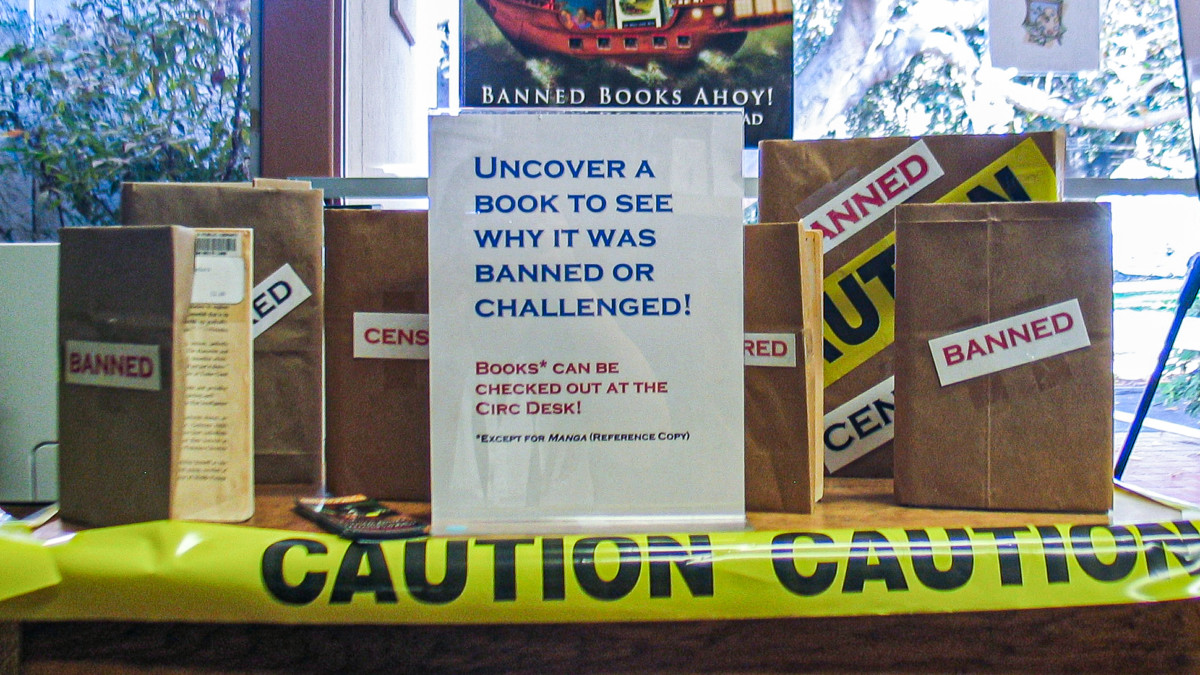#BannedBooksWeek
Banned Books Week is an annual event that draws attention to books restricted by libraries and schools. It may sound like censorship is something intrinsic only for tyrannic powers, but, unfortunately, it is not.
Typically the event is held during the last week of September. This year it is the week of September 22-28. The event strives to bring together the entire book community — librarians, booksellers, publishers, journalists, teachers, and readers of all types — in shared support of the freedom to seek and to express ideas; even those some consider unorthodox or unpopular.
The following is from the American Libraries Magazine article “50 Years of Intellectual Freedom,” written by OIF staff celebrating the office’s anniversary.
Banned Books Week was launched in the 1980s, a time of increased challenges, organized protests, and the Island Trees School District v. Pico (1982) Supreme Court case, which ruled that school officials can’t ban books in libraries simply because of their content.
Banned books were showcased at the 1982 American Booksellers Association (ABA) BookExpo America trade show in Anaheim, California. At the entrance to the convention center towered large, padlocked metal cages, with some 500 challenged books stacked inside and a large overhead sign cautioning that some people considered these books dangerous.
You may find the list of the most challenged books for the US here. However, we’d like to extend the scope of this week, as banned books are an issue for many countries. Some governments and organizations invoke matters like public peace or morality and traditional values to limit access to some texts. Other decision-makers brand books as extremist or propagating suicides and other “unwanted” social issues.
Please also read a story of the first two Russian-language editions of Doctor Zhivago we posted some time ago. It is literally a spy drama, as CIA and fake publishing houses were involved. And, of course, the book was banned in the USSR. Pasternak’s work was first published by a Soviet magazine only in the late 1980s when Gorbachev has changed the countries course and glasnost’ was the new dominant idea.
Explore More
- Read more about the Banned Books Week on the website of the American Library Association
- Instagram posts with the #BannedBooksWeek hashtag
- Twitter posts with the #BannedBooksWeek hashtag
Top image credit: Monrovia Public Library CC BY
Please Support us on Patreon!

Moreover, starting with the pledge level of $3, you will get a digitized vintage book about bookbinding, book history, or book arts each month from us!
These pledges help iBookBinding to continue its work and bring more information about bookbinding and book arts to you!


